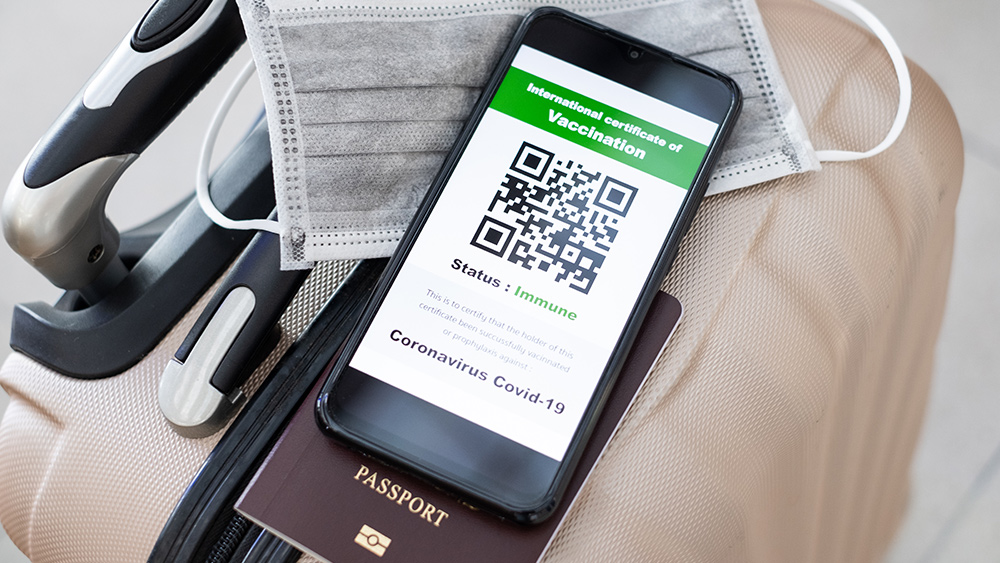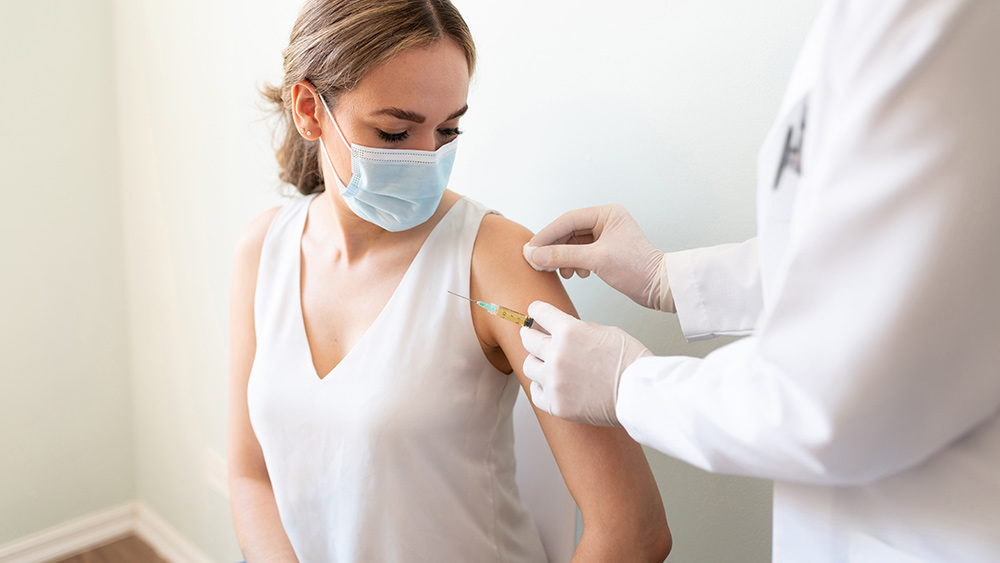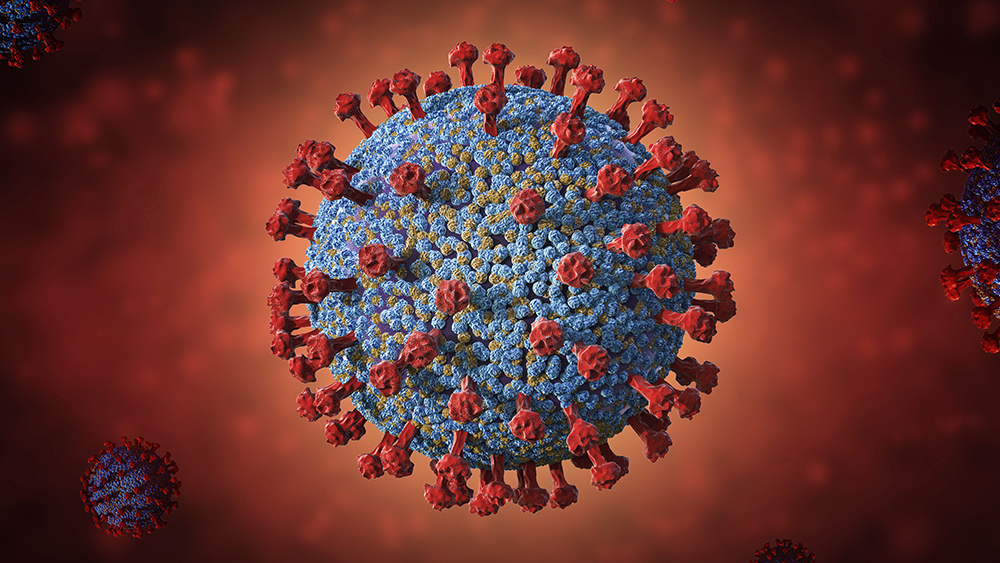Danish regulator says woman who died after AstraZeneca jab had “unusual symptoms” including from blood clots
03/21/2021 / By Ramon Tomey

The Danish Medicines Agency (DKMA) said a patient who died of a blood clot after getting the AstraZeneca COVID-19 vaccine exhibited “unusual symptoms.” Aside from bleeding, the 60-year-old woman had a low number of blood platelets and clots in small and large vessels. Denmark’s drug regulator added that a few similar cases were found in Norway and in the side effects database of the European Medicines Agency (EMA).
In a March 14 statement, the DKMA said: “It was an unusual course of illness around the death that made [the agency] react.”
Danish Minister of Health and Elderly Affairs Magnus Heunicke confirmed the presence of these symptoms in a tweet. His tweet mentioned “a signal of a possible serious side effect in the form of fatal blood clots.” Heunicke remarked that while there is currently no way to see if the symptoms are linked to the jab, the effects merit a more thorough investigation.
Meanwhile, Denmark’s northern neighbor Norway said on March 13 that three people were being treated after getting the AstraZeneca vaccine. Norwegian health authorities added that the three patients, all under 50 years old, received treatment for bleeding, blood clots and a low blood platelet count. Health authorities in the country dubbed these effects as “unusual symptoms.”
The incidents in Denmark and Norway came amid vaccination programs in Europe that use the AstraZeneca jab hitting a roadblock. The two countries joined Iceland in halting the introduction of the British drug manufacturer’s jab after some who got it suffered from blood clots. Other European countries soon followed the Nordic nations’ move to suspend use of the AstraZeneca vaccine.
On the other hand, the EMA said there was no evidence that the AstraZeneca vaccine triggered blood clots and other observed symptoms — which the World Health Organization seconded on March 12. The pharmaceutical firm also defended the safety of its vaccine on March 14, saying that a review of safety data involving vaccinated individuals has shown no evidence that their risk of blood clots increased.
Other countries have suspended the use of the AstraZeneca coronavirus vaccine
Some cases of blood clots in patients vaccinated with the AstraZeneca jab were observed in Austria. One patient died of a condition attributed to blood coagulation disorders, while a second patient died after a blood clot blocked their lung arteries. Because of these deaths, Austria suspended its vaccination program as a precautionary measure. (Related: 20+ countries suspend use of AstraZeneca vaccine, but regulators insist ‘benefits outweigh risks’.)
Austrian news outlet The Local reported on March 16 that the country will continue using the jab. Austrian Health Minister Rudolf Anschober said that the country will wait for EMA’s guidance before deciding if it will discontinue the jab entirely. “All information about side effects comes together at the EMA,” he said. Anschober also emphasized that Austria will continue to comply with European Union authorities.
Although Austria’s National Vaccination Committee believes that the country should continue using the vaccine, the EMA is expected to make a decision on the matter. Austria will then plan its next moves based on the agency’s guidance.
On March 15, German Health Minister Jens Spahn said that the country had recorded seven cases of “brain thrombosis” in those who recently got the AstraZeneca vaccine. However, his Austrian counterpart remarked that there was no evidence linking the blood clots to the vaccine. Anschober commented that these side effects “can also occur in unvaccinated people.”
Countries outside Europe who used the AstraZeneca vaccine also suspended their immunization programs, with Thailand being the first Asian country to do so. Health authorities in the kingdom halted the vaccine rollout after some people exhibited “side effects or adverse symptoms” after getting the jab. Thailand ordered about 61 million doses from the British pharmaceutical firm as part of its core response to the pandemic.
Thai Deputy Prime Minister and Health Minister Anutin Charnvirakul said in a Facebook post: “To slow down or to pause vaccinations to investigate is [a] common medical practice.” He added that Thailand’s vaccine management committee had taken action to ensure “the maximum safety of the public.” But the kingdom later reversed this decision, with Thai Prime Minister Prayut Chan-o-cha and members of his cabinet getting the first doses. (Related: Physicians to EU regulators: Address safety concerns or stop rollout of coronavirus vaccine.)
Visit VaccineInjuryNews.com to read more about the risks of vaccines against COVID-19.
Sources include:
Tagged Under: adverse reactions, AstraZeneca, Big Pharma, Blood clots, brain thrombosis, coronavirus vaccine, covid-19 pandemic, immunization program, Vaccine deaths, Vaccine injuries, vaccine injury, vaccine wars, vaccines, Wuhan coronavirus
RECENT NEWS & ARTICLES
COPYRIGHT © 2017 IMMUNIZATION NEWS
















